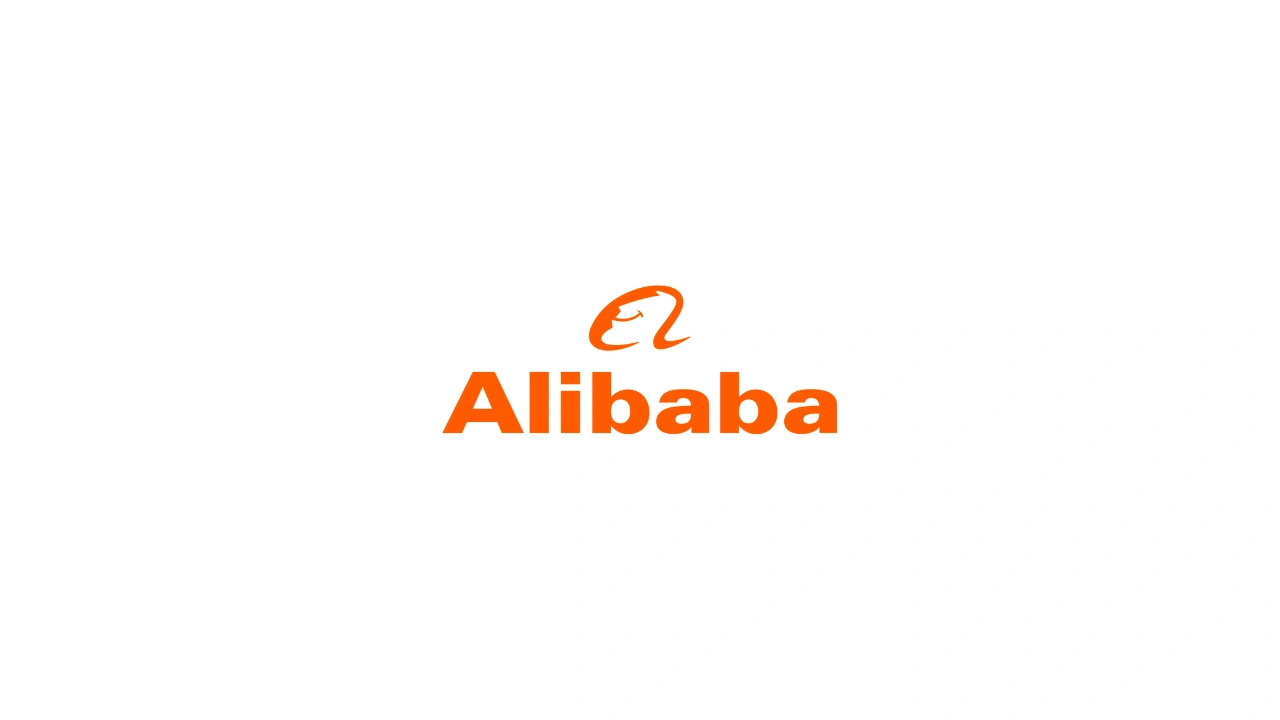Alibaba
Antitrust
Lawsuit
Investor

Alibaba
Antitrust
Lawsuit
Investor
Alibaba Group Holding Ltd., the Chinese e-commerce giant, has agreed to pay a substantial $433.5 million to resolve a protracted securities fraud class-action lawsuit filed in a Manhattan federal court. The lawsuit, filed by a group of shareholders, alleged that Alibaba misled investors about its competitive practices and the prospects of its financial affiliate, Ant Group Co.’s, initial public offering (IPO).
This settlement marks a significant turning point in a legal battle that has spanned nearly four years. Pending final approval from the U.S. District Court for the Southern District of New York, the settlement will rank among the fifty largest securities fraud settlements in the United States since the enactment of the Private Securities Litigation Reform Act of 1995. The agreement calls for an all-cash payment to compensate shareholders who claimed significant financial losses due to Alibaba's alleged actions.
The Core Allegations:
The lawsuit, initially filed in 2020, followed the abrupt halting of Ant Group’s planned $34.5 billion IPO by Chinese regulators. Shareholders argued that Alibaba, along with two of its executives, made materially misleading statements regarding the IPO’s likelihood of success and Ant Group’s future growth. The plaintiffs contended that Alibaba deliberately obscured information about its allegedly monopolistic business practices. Specifically, the lawsuit highlighted claims that Alibaba restricted merchants from selling their products on competing platforms, forcing them to utilize only Alibaba's e-commerce ecosystem. This practice later resulted in a substantial $2.8 billion fine imposed by Chinese regulators.
The Court's Decision and the Settlement:
Presiding Judge George B. Daniels significantly shaped the trajectory of the case last year. He dismissed allegations related to the Ant Group IPO, focusing the case on the antitrust claims stemming from Alibaba’s purported monopolistic behavior. Importantly, Alibaba asserted in a regulatory filing that the settlement did not constitute an admission of guilt or liability. The company emphasized that the decision to settle was primarily driven by a desire to avoid the considerable costs and complexities of continued litigation.
The Legal Teams and the Significance of the Settlement:
The shareholders in this case were represented by the law firm Glancy Prongay & Murray LLP, while Alibaba’s legal defense was handled by Simpson Thacher & Bartlett LLP. The settlement, upon receiving judicial approval, will represent a substantial conclusion to a high-profile case that has garnered significant attention. The case serves as a notable examination of corporate governance within the context of the regulatory pressures currently affecting China's burgeoning technology sector.
A Deeper Dive into the Alleged Antitrust Practices:
The lawsuit's central focus revolved around Alibaba's alleged monopolistic conduct. The plaintiffs argued that Alibaba leveraged its dominant market position to stifle competition and harm merchants. Specifically, the accusations centered on Alibaba's alleged practice of restricting merchants from selling their products on rival platforms. This alleged behavior, according to the lawsuit, artificially inflated Alibaba's market share and limited consumer choice.
The $2.8 billion fine levied by Chinese regulators corroborated, to some extent, the shareholders' claims of monopolistic practices. This fine served as strong evidence supporting the plaintiffs' argument that Alibaba engaged in anti-competitive behavior that ultimately harmed both merchants and consumers. The lawsuit aimed to hold Alibaba accountable for these actions and seek compensation for investors who experienced financial losses as a result.
The Impact on Investors and the Market:
The settlement's impact on investors and the market is multifaceted. For shareholders who participated in the class-action lawsuit, the settlement provides financial compensation for losses allegedly incurred due to Alibaba’s actions. However, the size of the individual payouts will depend on the number of participating shareholders and the total amount of damages awarded.
The settlement also carries broader implications for the market. It highlights the risks associated with investing in companies facing significant regulatory scrutiny and potential legal challenges. The case serves as a reminder of the importance of transparency and adherence to fair competitive practices for publicly traded companies. Any potential future investors in Alibaba and similar companies will likely take the outcome of this case into consideration.
The Broader Context of Regulatory Scrutiny in China's Tech Sector:
The Alibaba case is part of a larger trend of increased regulatory scrutiny affecting China's technology sector. The Chinese government has taken a more active role in regulating the country's powerful tech companies in recent years. This increased regulatory oversight aims to promote fair competition, protect consumer interests, and prevent the abuse of market dominance by large technology firms.
Alibaba's case, along with other similar cases involving Chinese tech giants, illustrates the evolving landscape of regulatory oversight and the potential legal consequences of engaging in anti-competitive practices. These regulatory actions reflect a global trend toward stricter enforcement of antitrust laws and greater protection of consumer interests in the digital economy.
The Future of Alibaba and the Tech Sector:
The settlement marks a significant chapter in Alibaba’s history. While the company denies wrongdoing, the substantial financial settlement undeniably reflects the gravity of the allegations and the potential risks associated with engaging in anti-competitive behavior. The outcome underscores the importance of corporate governance, compliance with regulatory requirements, and the need for ethical business practices within the technology sector.
This case serves as a cautionary tale for other tech companies operating in China and globally. It emphasizes the potential legal ramifications of anti-competitive practices and the significant costs associated with prolonged legal battles. The future success of Alibaba and other tech companies will depend, in part, on their ability to adapt to the evolving regulatory environment and to maintain ethical and transparent business practices.
The Legal Process and Timeline:
The legal process in this case spanned several years, involving extensive investigation, discovery, and legal arguments. The initial lawsuit was filed in 2020, shortly after the abrupt cancellation of Ant Group’s IPO. The subsequent years involved legal maneuvering, motions, and arguments from both sides. Judge Daniels' decision to narrow the scope of the lawsuit, focusing on antitrust claims, marked a pivotal point in the legal proceedings.
Finally, the settlement agreement was reached, requiring final approval from the court. Once the court approves the settlement, the process of distributing funds to the affected shareholders will commence. The entire timeline, from the initial filing to the potential final distribution of funds, represents a significant period, emphasizing the complexities involved in large-scale securities fraud class-action lawsuits.
Lessons Learned and Future Implications:
The Alibaba case offers several valuable lessons. Firstly, it highlights the potential consequences of misleading investors and engaging in anti-competitive practices. Secondly, it underscores the importance of transparency and ethical conduct in business operations. Thirdly, it demonstrates the significance of proactive corporate governance and compliance with evolving regulatory frameworks.
Looking ahead, the settlement's implications are far-reaching. It serves as a precedent for future cases involving allegations of securities fraud and antitrust violations, especially within the rapidly evolving technology sector. The case also underscores the growing global trend toward increased regulatory scrutiny of powerful tech companies, aimed at protecting consumer interests and promoting fair competition.
Comparative Analysis with Other Antitrust Cases:
While the specifics of the Alibaba case are unique, it shares common themes with other high-profile antitrust cases globally. Many cases involve allegations of monopolistic practices, anti-competitive behavior, and misleading investors. The common thread in these cases is the attempt to hold powerful corporations accountable for their actions and to prevent harm to consumers and competitors.
By examining other antitrust cases, we can gain a better understanding of the broader context within which Alibaba's case unfolded. Similar cases demonstrate the significant financial penalties and reputational damage that companies can face when engaging in anti-competitive behavior. This comparative analysis further reinforces the importance of ethical and transparent business practices.
The $433.5 million settlement in the Alibaba antitrust lawsuit marks a significant conclusion to a protracted legal battle. While the case has its unique elements related to the Chinese regulatory environment and the specific practices of Alibaba, it reflects broader global concerns about corporate governance, monopolistic practices, and the need for robust antitrust enforcement. The settlement serves as a reminder of the potential costs associated with engaging in anti-competitive behavior and underscores the importance of transparent and ethical business conduct in the ever-evolving technological landscape. The case's long-term impact will undoubtedly shape future regulatory practices and corporate strategies within the technology sector globally.
SHARE



news
30th October 2024


news
30th October 2024

news
30th October 2024

news
30th October 2024


news
30th October 2024

news
30th October 2024

news
30th October 2024